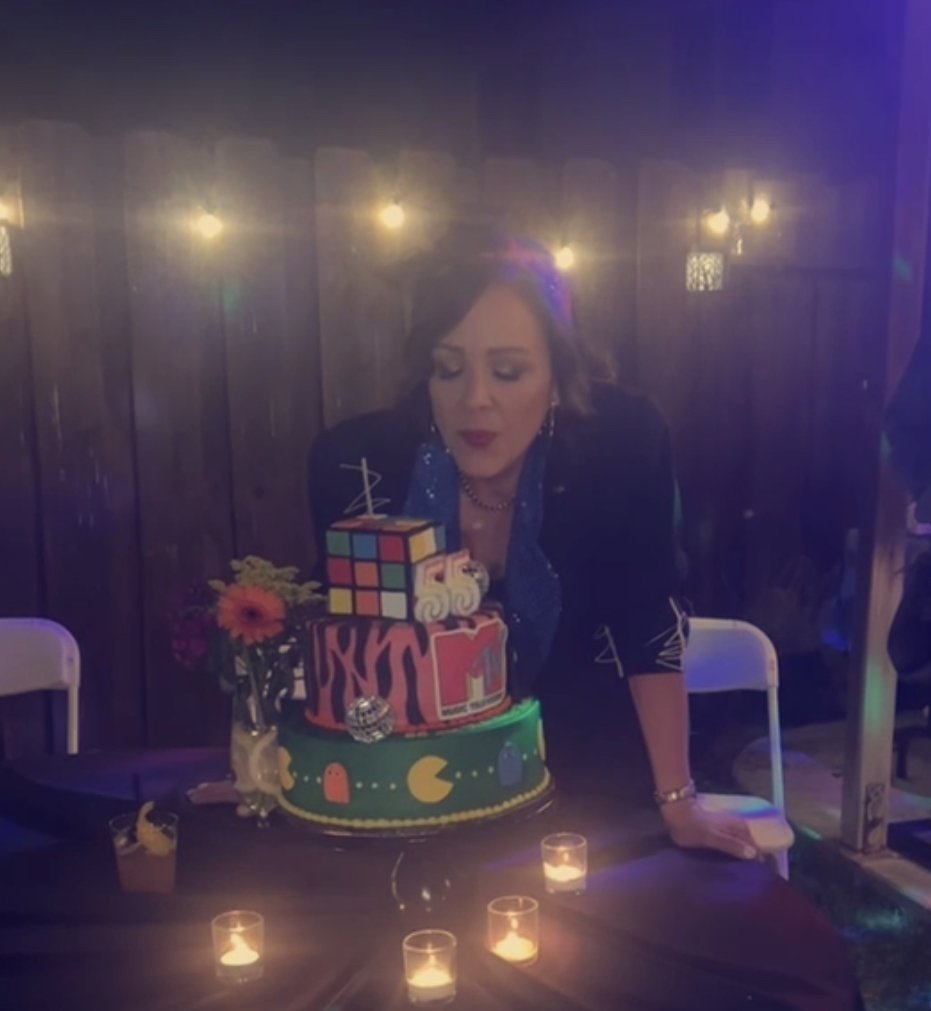
- calendar_month June 6, 2023
- folder Tid Bits
Sharing Tags
Altadena, Burbank, Glendale, La Canada, La Crescenta, Lake Balboa, Los Angeles, Montrose, Rosa Pena Real Estate, Santa Clarita, Toluca Lake, Valley Village
Introduction: Birthdays have become an integral part of our lives, a special occasion filled with joy, gifts, and well wishes. But have you ever wondered how this tradition of celebrating the anniversary of our birth came to be? In this blog, we delve into the intriguing history of birthday celebrations, tracing their origins and the cultural practices that have shaped them.
-
Ancient Beginnings: The roots of birthday celebrations can be traced back to ancient civilizations. The earliest evidence of birthday observance can be found in ancient Egypt, where pharaohs were revered as gods, and their coronation days were celebrated as symbolic "birthdays." Similarly, ancient Greeks paid tribute to their gods and goddesses on their birthdates.
-
Roman Influence: The Romans played a significant role in shaping the modern concept of birthdays. They celebrated the birth of both individuals and deities. The nobility would host extravagant celebrations known as "dies natalis" (meaning "day of birth") to honor themselves or their emperor. These grand festivities included feasting, games, and elaborate rituals.
-
Christian Traditions: During the rise of Christianity, birthday celebrations faced some resistance. Early Christians viewed them as pagan rituals and did not initially observe them. However, over time, a shift occurred. The commemoration of the birth of Jesus Christ on December 25th gradually paved the way for the acceptance and adoption of birthday celebrations among Christians.
-
Medieval Customs: In medieval Europe, birthday celebrations were more commonly observed by the noble and upper classes. Known as "name days," individuals celebrated the feast day of the saint they were named after. It was often accompanied by religious ceremonies, feasts, and gift-giving.
-
The emergence of Modern Traditions: Modern birthday celebrations can be attributed to various factors. The industrial revolution brought about changes in social structures, leading to an increased focus on the individual and the family unit. This shift, combined with the rise of consumer culture and the availability of mass-produced goods, led to the popularization of birthday parties, gifts, and cakes.
-
Cultural Variances: Birthday traditions vary across cultures. In many Western countries, blowing out candles on a birthday cake is common. It is believed that this tradition originated in ancient Greece, where people would bring round-shaped cakes adorned with candles to the temple of Artemis, the moon goddess, to symbolize a glowing moon. In other parts of the world, such as Mexico, the quinceañera celebrates a girl's fifteenth birthday as she transitions into adulthood.
-
Modern Celebrations: Today, birthday celebrations have become deeply ingrained in modern society. They are occasions to express love, appreciation, and affection towards the person being celebrated. From small intimate gatherings to lavish parties, birthdays are marked by exchanging gifts, sharing meals, and creating lasting memories.
Conclusion: The history of birthday celebrations is a fascinating journey through time, highlighting the diverse cultural practices and influences that have shaped this tradition. From ancient civilizations to modern society, birthdays have evolved to become joyful milestones that bring people together and celebrate the precious gift of life. So, the next time you blow out your candles, remember the rich history behind this beloved tradition and cherish the moments of joy and connection it brings.
